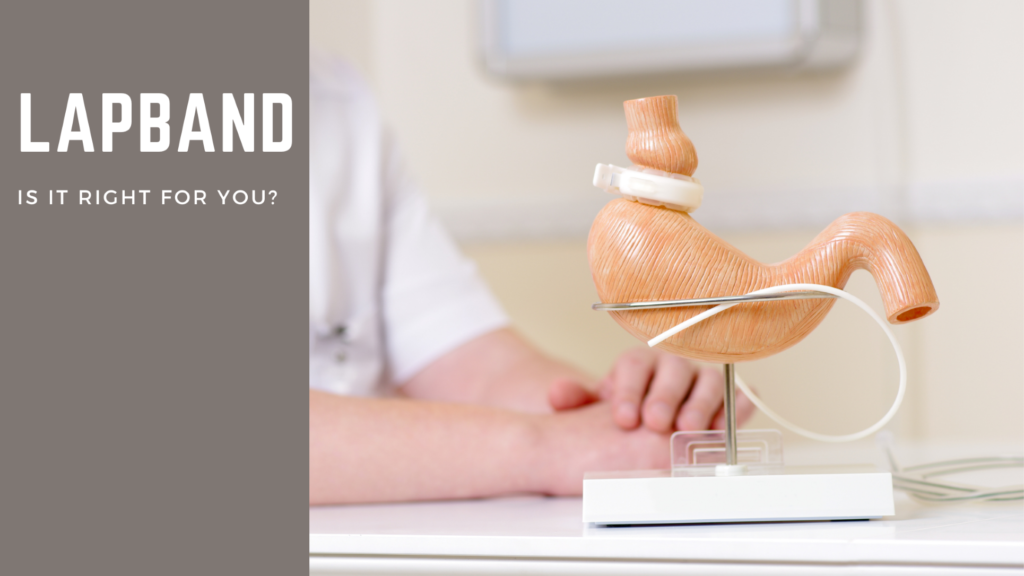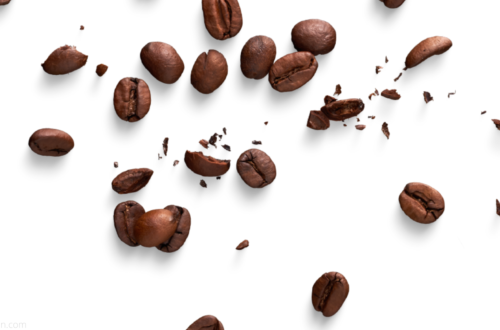
Is Weight Loss Surgery Worth it?
Many obese individuals might feel that the only way they can finally lose weight is through surgery.
There are many weight loss procedures, with the most widely known being the Gastric Bypass, the Gastric Sleeve, and the Lap-Band surgery.
Every one of these weight loss procedures does in fact work. However, the least invasive and the fastest to recover from is Lap-Band surgery.
If you are obese, the chances are you have done some research on the Lap-Band procedure. You’ve come across both positive and negative information about the process.
So is getting a Lap-Band procedure done worth the money?
In this blog post, we’ll look at the pros and cons of Lap-Band surgery to help you make the right decision.
So keep on reading!

What is a Lap-Band Surgery?
Lap-Band surgery is a weight loss procedure that has been helping people achieve their weight loss goals for years.
The surgery itself is a relatively easy laparoscopic procedure. It involves placing an adjustable band around the upper part of your stomach.
This band works to restrict the amount of food you can eat, cutting your calorie intake, many times to less than half, which results in significant weight loss over time.
Advantages of Lap-Band:
When you compare a lap-band to a gastric bypass or sleeve surgery, the lap-band has some advantages, which include:
- It is reversible.
- A lap-band procedure is reversible, and the band can be removed if necessary or desired.
- The band is adjustable.
- Lap-Band can be adjusted as your needs change throughout your life. A port is placed under the skin, usually just below the stomach area. The Lap-Band can be tightened or loosened through the port as your body or your physical needs change over time.
- This means it can even be adjusted for pregnancy or other life events.
- Faster recovery
- Lap-Band is generally an outpatient procedure. The patient can leave and go home the day of the surgery, but of course, unless complications occur, or the patient has underlying medical conditions such as sleep apnea.
- Compared to gastric bypass and sleeve, Lap-band does have a faster recovery time.
- No malabsorption of nutrients
- Lap-Band is considered a non-malabsorptive surgery because Lap-Band surgery does not remove any part of the stomach.
- On the other hand, the gastric sleeve is regarded as a malabsorptive surgery. The body may struggle to get the nutrients to stay healthy, risking vitamin and mineral deficiencies because a part of the stomach is removed.
- No stomach amputation
- Lap-Band surgery is much less invasive than gastric sleeve or gastric bypass because the anatomy of the stomach is not changed. No cutting of the stomach occurs in the Lap-Band procedure.

How do you maintain a lap-Band?
In the first year after your Lap-Band procedure, you will need adjustments every six weeks. After the first year, the adjustments become more infrequent and based on your needs. As you learn to live with the lap band, the maintenance becomes easier.
Success rate & After Care
The success of Lap-Band surgery depends on your behavior after surgery. The better you take care of your body and follow guidelines, the faster and more effective your Lap-Band procedure will be.
It’s essential to know that solid foods will be difficult to swallow with a Lap-Band.
Large quantities of food may result in vomiting and or food being stuck.
Average weight loss is about 40-50% of your excess body weight. It might take between 2 to 2.5 years to achieve.
Complications and Side Effects:
Studies show that Lap-Band patients have a 25% to 50% chance of a complication.
- Constipation
- Difficulty Swallowing
- Nausea and Vomiting
- Bowel or Stomach Perforations
- Food Trapping
- Hiatal Hernias
- Acid Reflux (GERD)
- Port Problems
Serious Complications
Severe complications from a Lap-Band surgery, although rare, do happen.
They include any occurrences that can lead to a more serious medical problem. These often require re-operation.
- Blood Clots
- Gastric Leak
- Esophageal Dilation (Occurs in up to 14% of patients)
- Pouch Dilation (Occurs in up to 15% of patients)
- Band Issue: erosion, slippage, leakage, intolerance

Who can get the Lap-Band surgery?
- BMI: Obese Individuals with a BMI of over 30 could qualify for lap band surgery.
- Motivation: You must also consider your level of motivation to follow the guidelines of having a lap band.
- Commitment: Lap-band surgery will require time and effort to be an effective and long-term success.
How long does a Lap-band Last?
There is no limit to how long a Lap-band can last; if taken care of correctly, a lap band can last you a lifetime.
The lap-band is made of silicon, and this silicon can be part of your body forever. There are no indications that silicon will fail over time.
Since it takes another major surgery to remove the lap band, many individuals decide to keep it for life.
Disclaimer: Before any type of weight loss surgery be sure to do your research, and consult with your doctors to see if you are a good candidate, and if it is the right decision for you and your lifestyle.
Bottom Line:
Everyone’s weight loss journey is different, and what works for one person might not work for another. That’s why it’s essential to consider all the factors when deciding if weight loss surgery is right for you. Not only should you think about the short-term results, but also the long-term success.
With bariatric procedures like a gastric sleeve or Lap-Band surgery, quick weight loss happens in the months following, but that isn’t always indicative of lasting success. It’s important to talk to your doctor about all the options before deciding.
Surgery is a big step, but it could be the right one if you’re committed to making a lifestyle change. Thank you for reading!
References
Musella M, Berardi G, Velotti N, Schiavone V, Vitiello A. Ten-Year Results of Laparoscopic Sleeve Gastrectomy: Retrospective Matched Comparison with Laparoscopic Adjustable Gastric Banding-Is There a Significant Difference in Long Term? Obes Surg. 2021 Dec;31(12):5267-5274. doi: 10.1007/s11695-021-05735-w. Epub 2021 Oct 3. PMID: 34601648; PMCID: PMC8595233.




